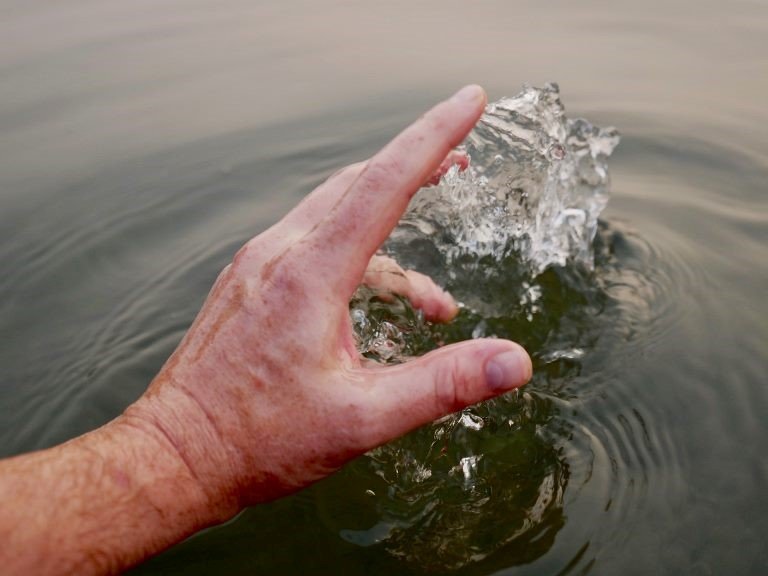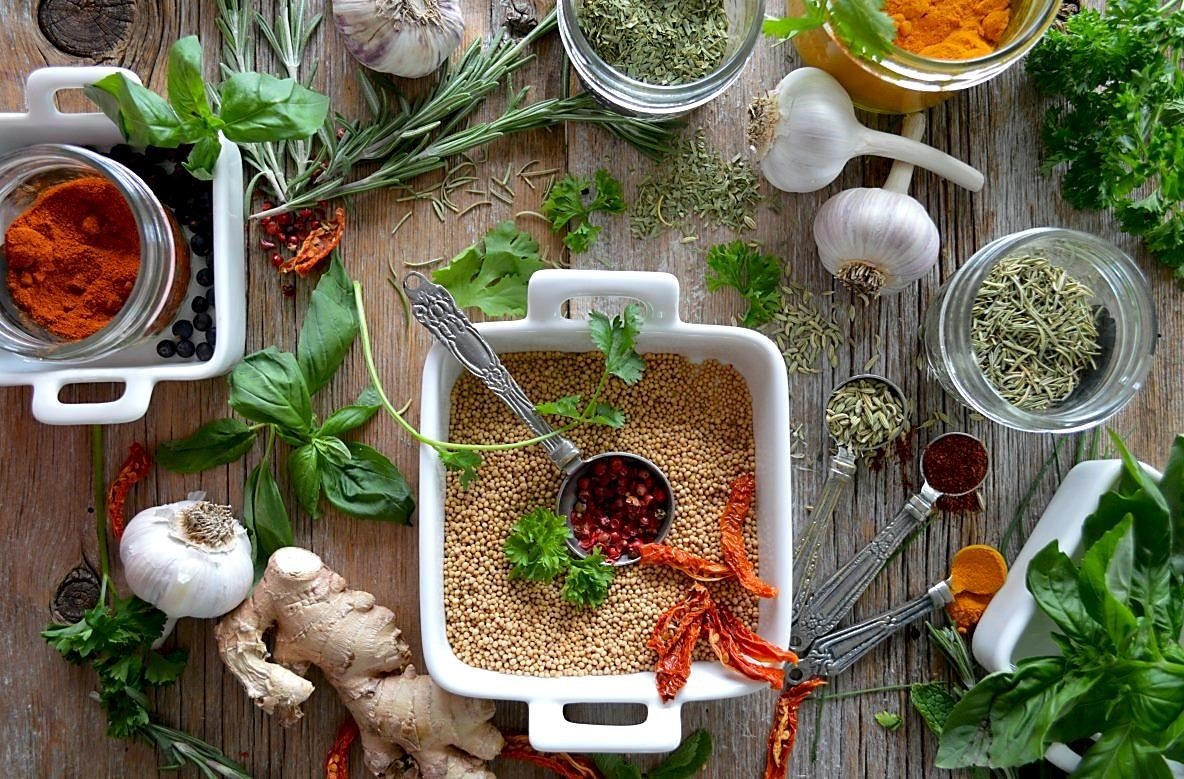
by Fern Shaw | Sep 29, 2020 | water cooler
Your heart is your body’s powerhouse: essentially, it’s an engine that drives you. The heart is a muscle – albeit an incredibly complex muscle that relies on, amongst a whole host of other functions, electrical impulses to keep beating.
As with all vital organs, the heart requires water to function at an optimal level. The heart is made up of 73% water, so keeping it hydrated is of particular importance.
As the heart can’t drink water directly, how do we ‘hydrate the heart’?
It’s simple: each day, your heart beats around 100,000 times. This continuously pumps about eight pints of blood around your body through your circulatory system. This blood delivers oxygen and nutrients to all parts of your body, and carries away unwanted carbon dioxide and waste products.
Your heart and circulatory system works together to deliver blood to your organs so they can function.
When you’re not getting enough fluids (water in particular), your blood’s volume decreases too. In addition, when your blood volume decreases, the heart will have a hard time distributing oxygenated blood all over the body. When the blood loses volume, it becomes thicker, harder to circulate. The added stress on the heart increases the risk of heart and arterial damage.
Can drinking water keep us heart healthy? It would seem so – research has shown that consuming more water means a lower risk of death from coronary heart disease. Having enough fluids thin out the blood in the system, allowing the heart to do its job efficiently, which means drinking more water reduces the strain on your heart.
That’s why keeping your heart hydrated is so vitally important – drinking enough water on a daily basis literally makes a difference between a strong, healthy heart and potentially a dehydrated heart under duress.
Sometimes (like right now) it’s good to remind ourselves that in order to appear healthy, we need to keep our internals happy too – we cannot have one without the other.
There’s no time like the present to begin being kinder to yourself, your body and your life – so, the next time you’re about to pass the water cooler, don’t. Rather take your water bottle or water glass and make the water cooler station part of your daily work break routine: fill your bottle and drink your way to a healthier heart and consequently, a healthier you.

by Fern Shaw | Sep 8, 2020 | aquaid, water cooler
Ahh, a day that globally makes the hearts of bookworms beat a little faster. World Literacy Day is more than that, of course. The rather sad reality according to UNESCO is that ‘at least 750 million youth and adults still cannot read and write and 250 million children are failing to acquire basic literacy skills. This results in an exclusion of low-literate and low-skilled youth and adults from full participation in their communities and societies.’
The Merriam-Webster Dictionary defines literacy as “the quality or state of being literate: educated … able to read and write.”
As you are no doubt reading this online, the above illiteracy figures may seem incomprehensible, however, there is a high likelihood of there being many people in our own communities who not only cannot read this post, but are unable to read a book, a road sign, an instruction manual, a prescription bottle label or even a cereal box.
At AquAid, we recognise the importance and value of literacy, which is one of the reasons we continue to donate to charities that implement safe water resources. Although one may not initially see a connection between potable water and literacy, they are most definitely linked.
Across Africa, for both boys and girls, water collection can take time away from their education and sometimes even prevent their attending school altogether.
The charities we donate continue to build clean water resources that free up children’s time, enabling more access to education, including learning to read while attending school.
More than freeing up time, nearby access to a safe water resource means children will be better hydrated, and good hydration means the ability to better concentrate and increased cognitive function.
If you would like to know more about how installing an AquAid water cooler translates into the continued implementation of accessible clean water resources for children and communities in need, we invite you to browse the AquAid website or call us on 0800 772 3003 – we’ll be delighted to assist.

by Fern Shaw | Sep 4, 2020 | water cooler, water dispenser
With the changing weather accompanied by a mix of higher and lower temperatures, where we’re not sure if we would rather drink chilled water or a hot water drink, the good news is there is a simple, cost-effective solution where you can have both from one source.
Installing a hot and cold water dispenser from AquAid is that solution.
We supply a range of high-quality cold and hot water dispensers, each designed to match your drinking water requirements, whether your preference is drinking long tall glasses of chilled water or endless cups of piping hot drinks.
Furthermore, these wonderful benefits are standard in every AquAid Hot and Cold Water Dispenser:
Time saving
At the office, boost productivity with refreshing, hydrating water while also getting your hot water drink faster without having to wait for the kettle to boil for your morning brew.
Space saving
As an example, although the AquAid 400X has sufficient capacity to continuously dispense water on demand, the sleek and slimline design of the unit means it only requires 1 ft2 of space.
Temperature control
All of AquAid’s hot and chilled water dispensers include an adjustable thermostat for accurate temperature control.
Cost saving
Replenishing and replacing chilled bottles of water in a fridge costs money and takes time, as does heating the kettle every time you need hot water for your preferred hot drink. With an AquAid water cooler, your chilled or hot water is kept at the perfect temperature, ready available for dispensing at your convenience.
With all of this good news come the changing weather, things are definitely looking up. Even better news is that we at AquAid have plenty of hot water (not hot air) to keep you warm and fuzzy, alongside chilled water to keep you cool and hydrated – whichever your preference. We have a selection of hot and cold water dispensers to fit into any niche, whether it’s at the office, construction site, medical facility, clubhouse or school.

by Fern Shaw | Aug 5, 2020 | bottle fed water coolers, Water Boilers, water cooler
You did read that right. One of the simplest ways to check how hydrated (or dehydrated for that matter) you are is to:
Pinch yourself. Your hydration level directly affects your skin’s ability to change shape and return to normal. Using your pointer finger and thumb, gently pinch the skin on the back of your hand and hold for a few seconds. If the skin takes a while to return to its normal position when you let go, you could be dehydrated. A gentle pinch, mind, the idea is not to hurt yourself.
Reverse the dehydration. Now that you’ve established that you are more dehydrated than you realised, counteraction is easy.
Drink water more. In the current circumstances, good health habits can easily fall by the wayside. Don’t allow this. Whether you work remotely, have returned to your office or formal workplace or are constantly on the go, make sure you always have access to drinking water and carry water with you.
Hydration boosts better function. Increasing your water intake not only produces a healthier, plumped up skin but also your body and mind’s ability to function better overall.
Water refresh where? That’s where AquAid come in. For over 22 years, we have been providing an extensive range of high quality water coolers to businesses, work sites and the educational sector across the UK. With more than 23 branches nationwide, we are well equipped to provide the best drinking water solution for your organisation, however large or small your staff contingent. Once installed, our range of water dispensers, from Bottle-Fed and Mains-Fed through to Hot Water Boilers and Instant Taps, each carry a donation to charity, providing safe water resources to millions of people in need in impoverished communities.
Contact us at AquAid today.

by Fern Shaw | Jul 15, 2020 | water cooler
Recently we looked at food and drink ingredients that make us more dehydrated, and found that salt in particular seemed to be the main culprit.
Reducing your salt intake doesn’t mean reducing flavour. Salt has been used to flavour food (originally, it was used to preserve food) for millennia, however with the advent of modern food processing, excessive use of salt can contribute towards a number of health issues.
The simplest route to a healthier you is to make sure you drink enough water and maintain good hydration habits however; this by itself often isn’t enough.
So, if you’re a lover of salty foods what can you do to reduce your salt consumption but retain the flavour in what you eat?
There are myriad ways in which to achieve this and none of them will affect your pocket or leave you feeling, taste wise, as if you’re missing out.
There is a comprehensive list of herbs and spices, their taste profiles and uses to create great flavour, available in the Health Matters magazine that we really like the look of. A few favourites drawn from there are: mint, rosemary, oregano and paprika.
Moving a little further afield into the citrus groves, lemon remains a favourite of mine. It not only packs a powerful vitamin C punch, gives great flavour to any dish, but it’s also believed to aid weight loss; reduce the risk of heart disease; anaemia; kidney stones and digestive issues.
Whatever salt alternative flavour route you choose to follow, remember the cardinal rule to maintaining good hydration: drink water regularly throughout the day. And as always, speak to us at AquAid for all your water cooler and water boiler requirements, whether at work at the office, construction site, hospital, clinic, school, college or university.





